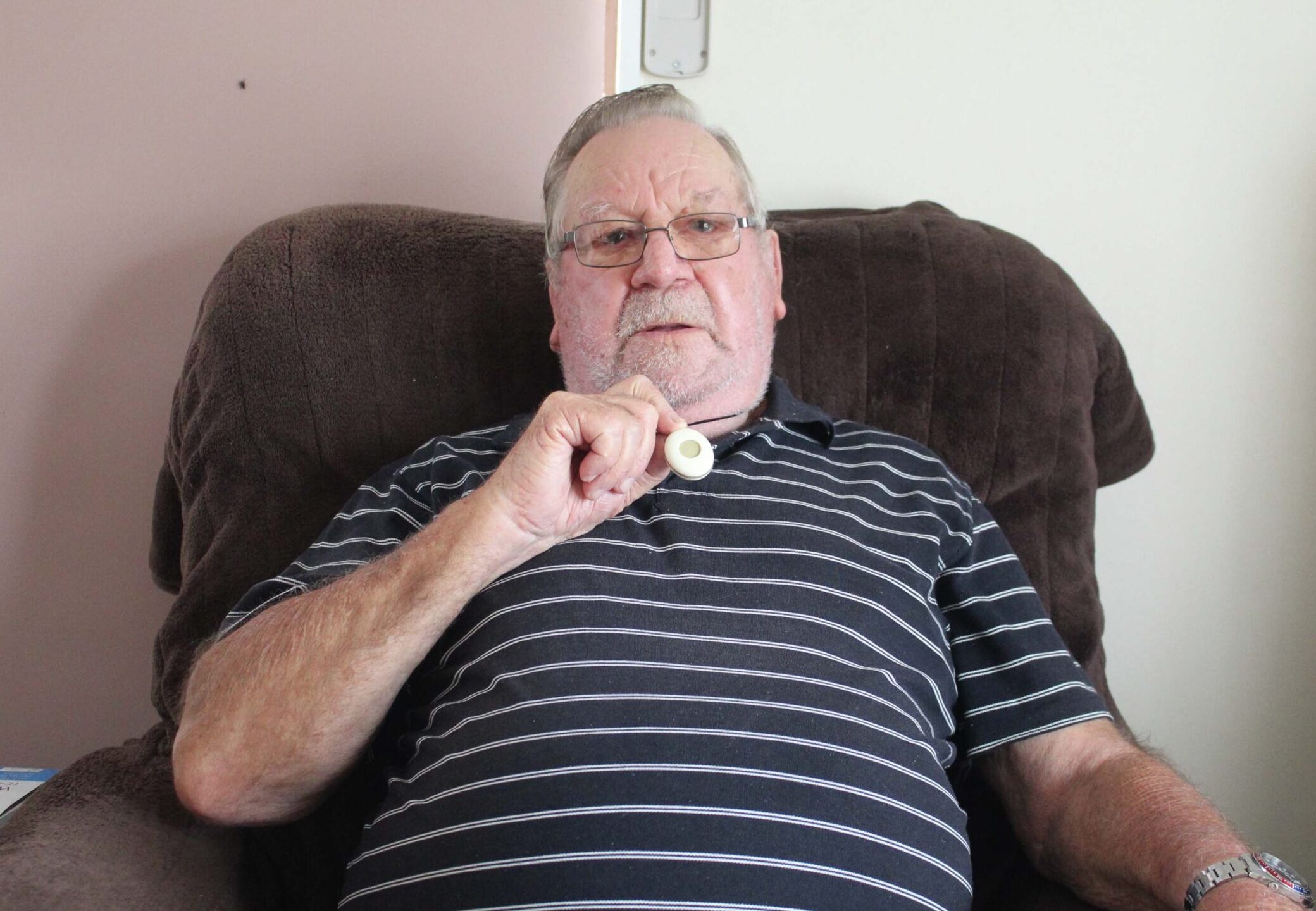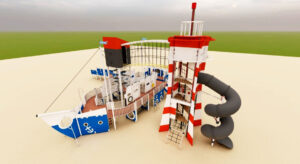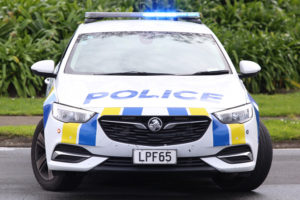A Thames man had to find his own way to hospital after pressing his medical alarm despite being in ‘terrible pain’. GORDON PREECE reports
Thames pensioner Bill Malcolm was left in “terrible” pain while waiting for St John to respond after he pressed his medical alarm.
The 82-year-old, who suffers from multiple health problems, including diabetes and heart issues, has had a St John medical alarm for around 25 years.
He told The Profile he was at his home on the evening of May 15 when he began to experience pain “as if someone stabbed a knife in you” and breathing difficulties from a blocked catheter.

He said he pressed his medical alarm at around 9pm, which connected him to the St John call centre, and was told by St John they were “too busy” to dispatch medical staff and instead asked if Bill could get himself to hospital.
“I pushed [the medical alarm] three times because they kept cutting me off and still nothing, and I tried to explain to them I live alone, and I needed help,” he said.
“Then I had to struggle out there to get to my truck and then drive to ED… I was lucky I got there because the pain was so great.”
According to the Ministry of Health, a catheter blockage must be dealt with immediately, as it can quickly become “very painful” and “potentially dangerous”.
Around 10:15pm, when Bill was at Thames Hospital, he received a call from St John to ask of his whereabouts as staff were at his house to respond to his situation.
“They rang me and said, ‘oh we can’t find you, you ain’t home’, and I said that’s because I’m at the hospital, and I turned around and said ‘you fellas are useless’,” he said.
Bill said he was discharged on May 16 and on the same day attempted to take his complaint to St John Thames.
“I rang St John [in Thames] and asked to speak to the manager and you can’t get him straight through, you’ve got to go through the channels,” he said.
“So I said here’s my phone number and get [the manager] to ring me, and I am still waiting today.”
Bill said this wasn’t the first time St John had failed to respond to his medical alarm. He pressed it in 2020 when he also experienced extreme pain from a blocked catheter. “At that time I rung my cousin that was around in Fenton St, not far from where I lived in Mackay St, and she had to walk around to my place to drive me to the hospital,” he said.
Bill believed the issue was staff shortages at St John. “There’s a half a dozen ambulances sitting in the yard [at St John Thames], they haven’t got anybody to drive them, you’ve got a first responder and he should come and check when you get an urgent call,” he said.
“This is the second time I’ve pressed the alarm and I’m not getting any service, so I feel the rest of New Zealand should know what St Johns are doing… refusing people when they pay them for [a medical alarm].”
Bill said his medical alarm cost $31.50 a fortnight, which was funded through Work and Income.
Hato Hone St John head of telecare Nick Coley said a medical alarm was activated from Bill’s address one minute to 9pm on May 15, when an emergency call handler assessed his symptoms as “non-urgent”.
“At 9:08pm, an emergency nurse reviewed the incident and noted that whilst Mr Malcolm did not require an urgent response, an ambulance should be sent,” he said.
“Another medical alarm activation was received from Mr Malcolm at 9:27pm. At 10:05pm, the next available ambulance was dispatched, arriving at Mr Malcolm’s address at 10:15pm but he was not at home.
“We are sorry that Mr Malcolm was in pain while he waited for an ambulance. We have investigated his concerns and have found that the medical alarm activation was appropriately prioritised, and that the next available ambulance was dispatched as soon as possible.”
St John did not respond to questions about whether staff shortages were the cause of the delayed response when patients activated medical alarms.
In a letter to Bill, St John general manager clinical effectiveness Jon Moores said he was “sorry to hear that you were waiting, in pain, for an ambulance”.
“I acknowledge that our previous response to you on 15 May, 2020, advised of ‘implementing an additional process to facilitate appropriate ambulance dispatch for patient’s experiencing high levels of pain’,” he said.
“Since that time, we have continued to progress this focus on reduced waiting times.”




